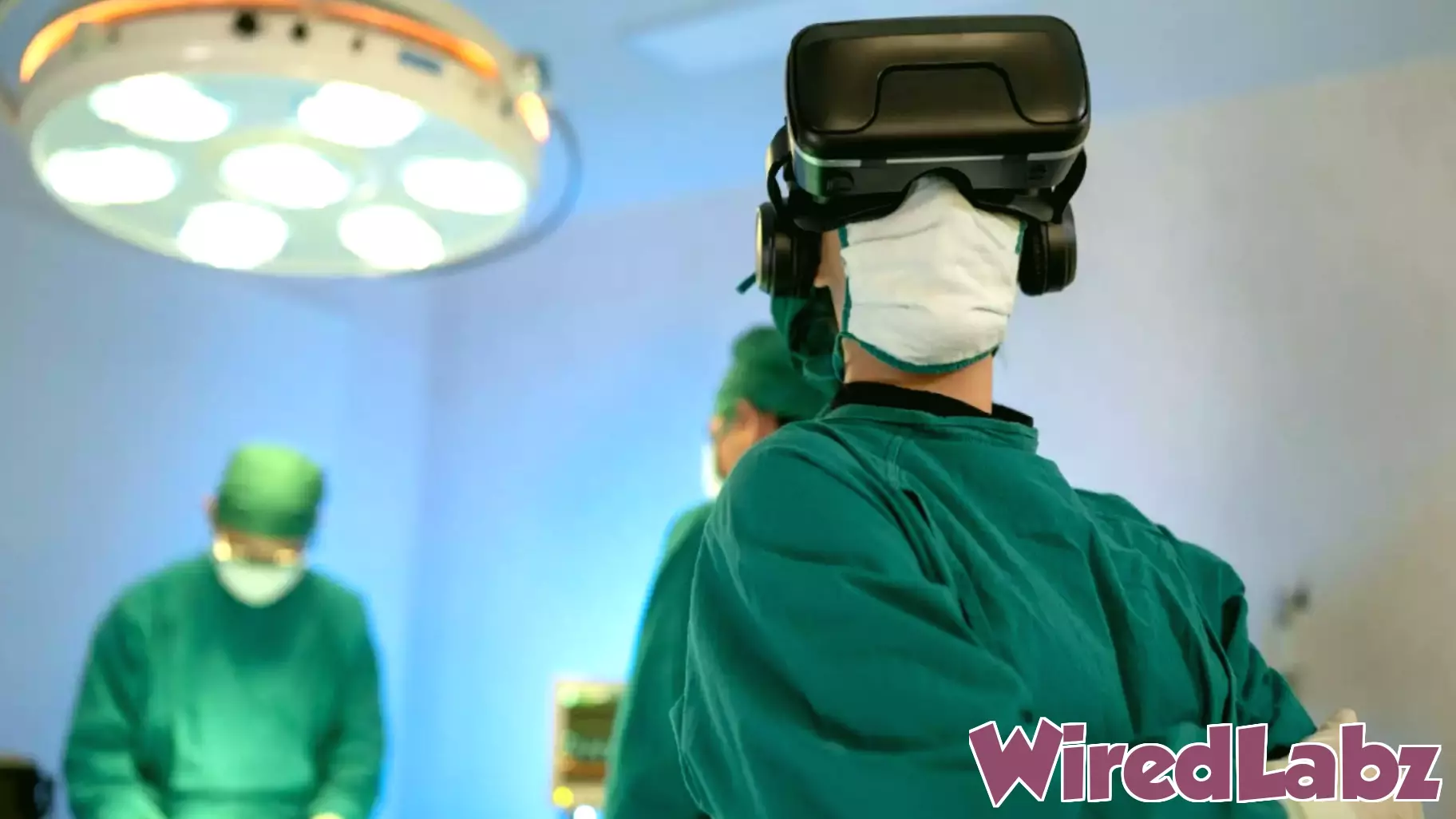December 30, 2024 - 16:22

Technological advances are transforming medicine, but it may be making your physician less creative. As healthcare becomes increasingly reliant on sophisticated medical technologies, concerns are growing regarding the implications for the skill sets of doctors. Many medical professionals now depend heavily on diagnostic tools and algorithms to guide their decisions, which could inadvertently reduce their reliance on critical thinking and intuition.
While these innovations enhance accuracy and efficiency, they may also lead to a decline in hands-on experience and the nuanced art of medicine. Physicians who once relied on their clinical judgment and personal expertise may find themselves leaning more towards technology-driven solutions. This shift raises questions about the future of doctor-patient interactions and the overall quality of care.
Moreover, as medical training evolves to incorporate these technologies, there is a risk that upcoming generations of doctors may not develop the same level of creativity and problem-solving skills that were once essential in the field. The balance between leveraging technology and maintaining human expertise is crucial for the future of healthcare.



